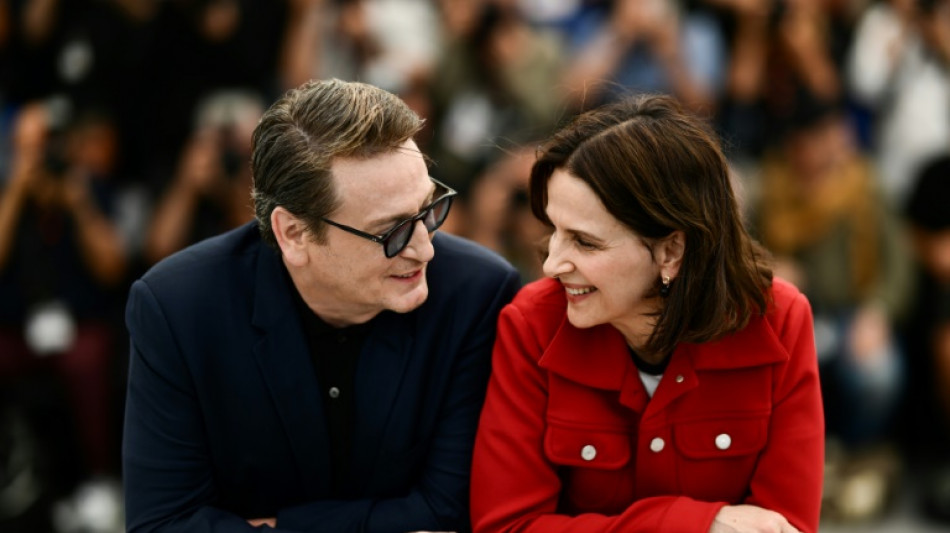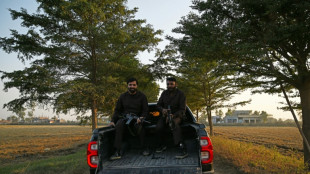
Why the French can't stomach their Oscar entry

"The Taste of Things" is France's entry for the Oscars, a beautifully shot homage to love and the country's gastronomic heritage with two of its biggest stars -- what's not to love?
Well, if you're French, quite a lot, it turns out.
The slow-cooking romance between an obsessive chef and his assistant, played by Benoit Magimel and Juliette Binoche, features long sweeping shots of bubbling casseroles, sizzling slabs of meat and warming pies.
It was lapped up by foreign critics and buyers when it premiered at the Cannes Film Festival this year, and the international jury awarded French-Vietnamese filmmaker Tran Anh Hung the best director prize.
But when it was released in French cinemas last week, the response was less warm.
"Out of touch, out of date, almost sickening..." wrote Le Parisien in one of several one-star reviews in French newspapers.
Hip culture magazine Les Inrockuptibles called it the worst film of the year -- "food porn crossed with rancid conservatism".
Just 94,000 tickets were sold in its first week -- a lowly eighth at the box office despite minimal competition.
Part of the disgust may lie in the fact that "The Taste of Things" was chosen as France's selection for the best international film at the Oscars over "Anatomy of a Fall".
That compelling drama about a woman accused of murdering her husband won the Palme d'Or at Cannes and managed to attract over a million spectators in cinemas in France.
Some felt "Anatomy" director Justine Triet was being punished for some outspoken statements against the government of President Emmanuel Macron when she won the Palme.
Triet herself reposted social media users who said the snub "stinks of revenge" and another who called "The Taste of Things" "one of the most boring films at Cannes".
Etienne Sorin, film critic for Le Figaro, said it was more likely that the selection committee felt the cliches about France in "The Taste of Things" were the best way to whet the appetites of American viewers.
French audiences, however, were always going to struggle with its "lack of irony".
"We dislike all the ceremony, the pomposity -- the idea that we take ourselves so seriously -- when it's just grub at the end of the day," said Sorin.
It is not the first time that a French film has fared better abroad.
"Portrait of a Lady on Fire" (2019) was named the 30th best film of all time in a poll of directors and critics by Sight and Sound magazine this year, and was a hit on the arthouse circuit in several countries.
But many French critics found the costume drama about repressed lesbian love emotionally cold -- in stark contrast to their international colleagues -- and it sold barely over 100,000 tickets when it opened.
The French are not always turned off by sentimental accounts of their country, however.
"Amelie", the tale of a woman prancing around a whimsical version of Montmartre, was a phenomenon in France, selling 1.2 million tickets in its first week alone in 2001.
But it did trigger controversy, with the all-white vision of Paris accused of being a far-right fantasy.
L. Pchartschoy--BTZ

 London
London

 Manchester
Manchester
 Glasgow
Glasgow
 Dublin
Dublin
 Belfast
Belfast
 Washington
Washington
 Denver
Denver
 Atlanta
Atlanta
 Dallas
Dallas
 Houston Texas
Houston Texas
 New Orleans
New Orleans
 El Paso
El Paso
 Phoenix
Phoenix
 Los Angeles
Los Angeles



